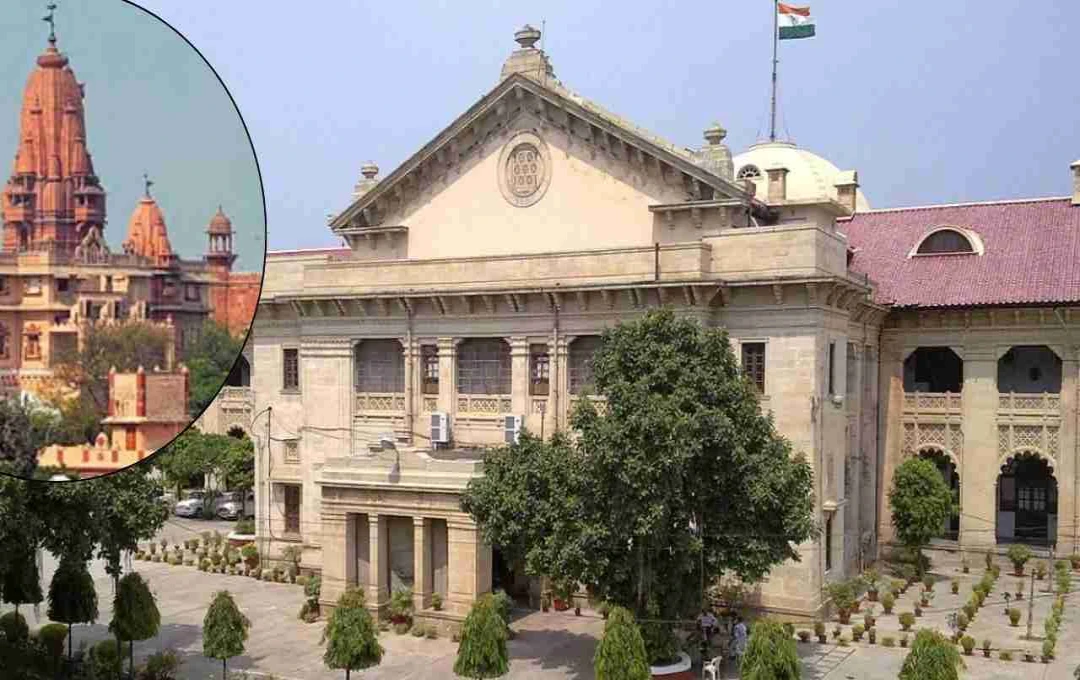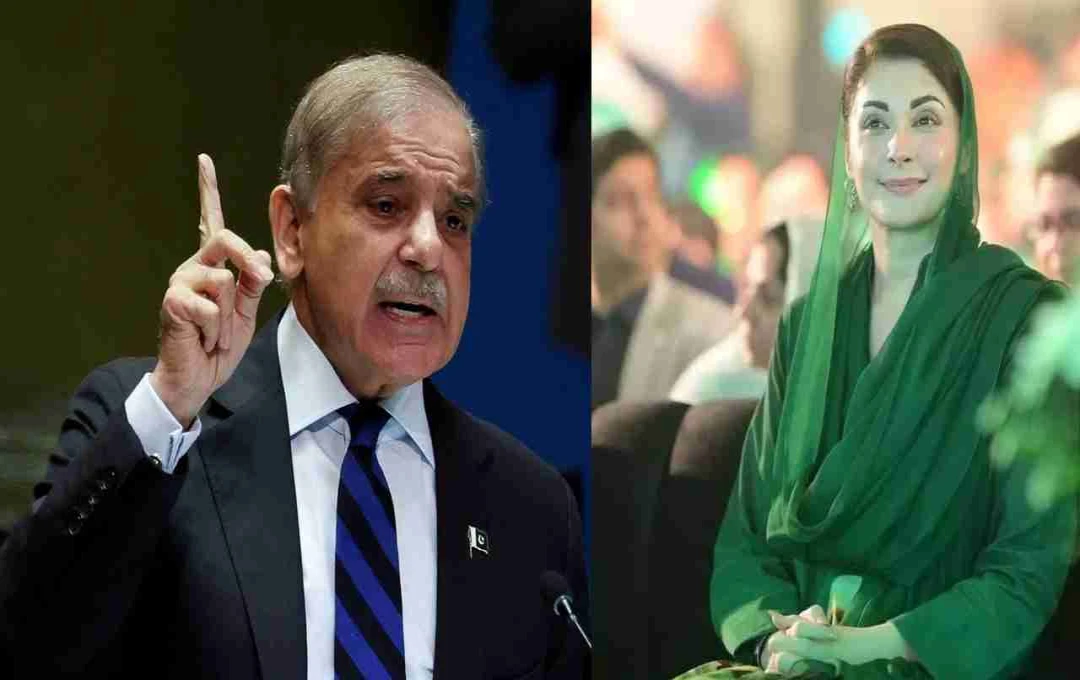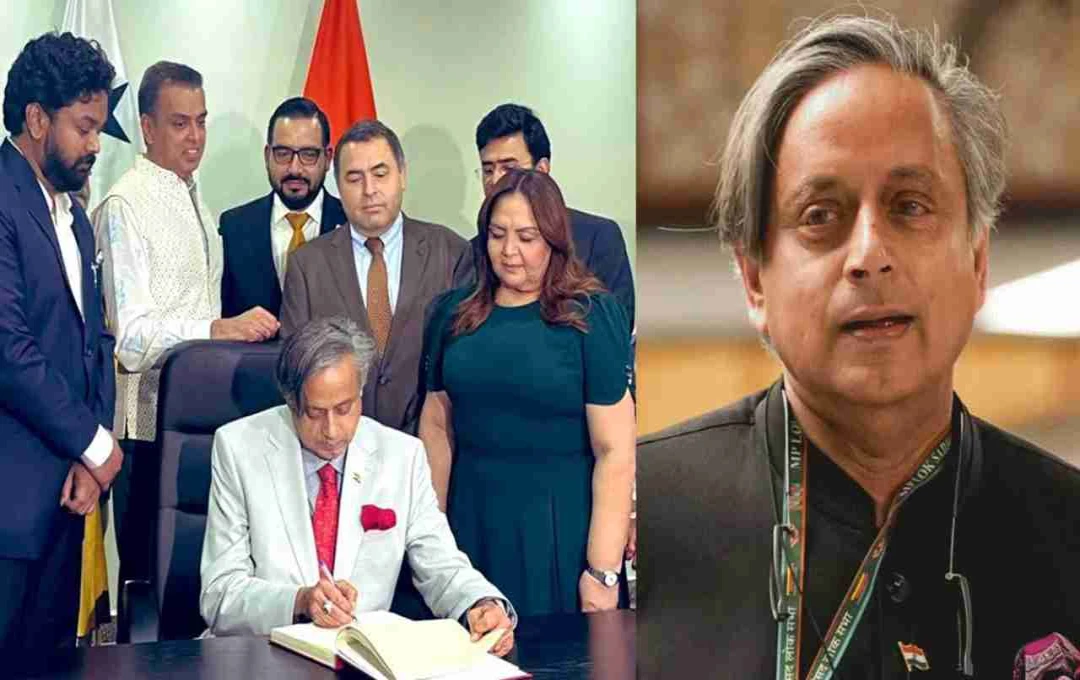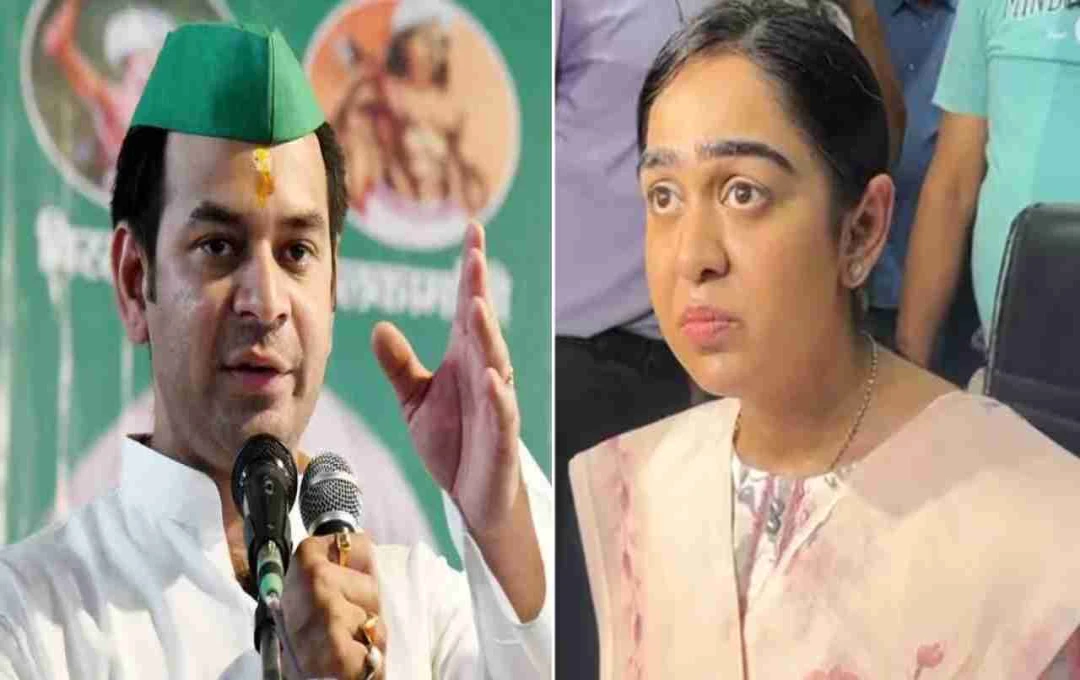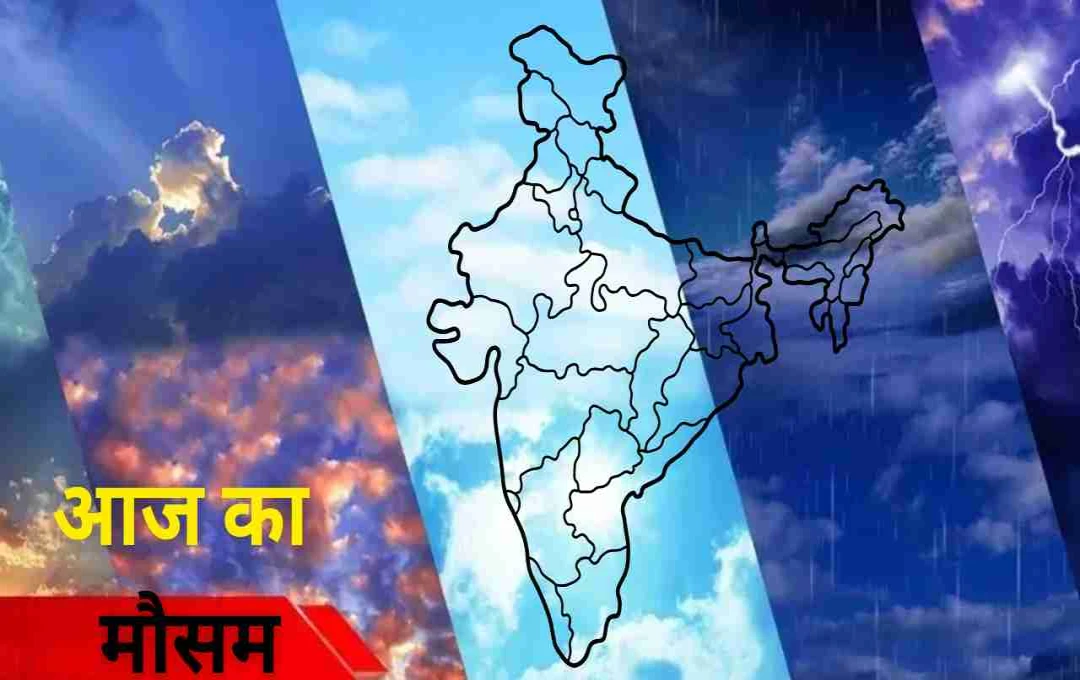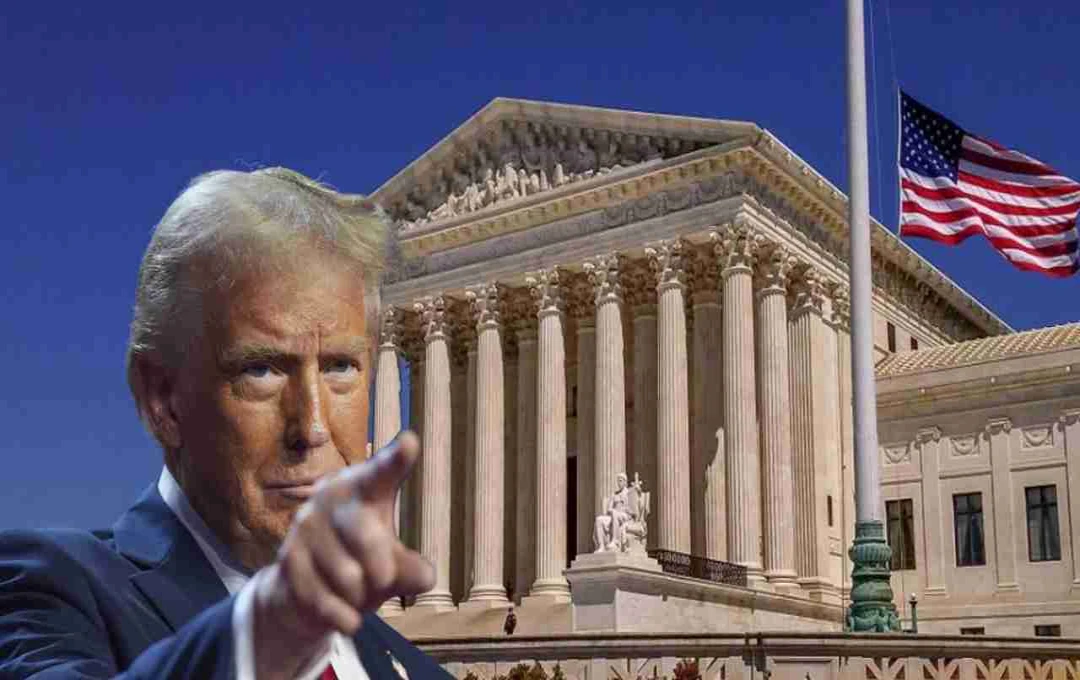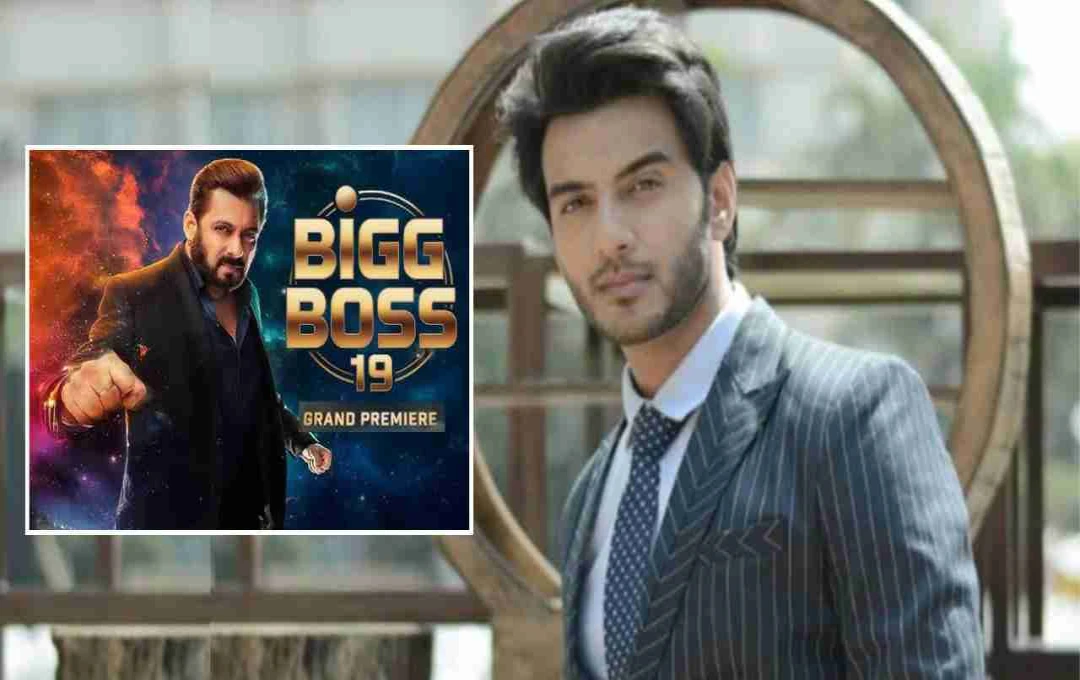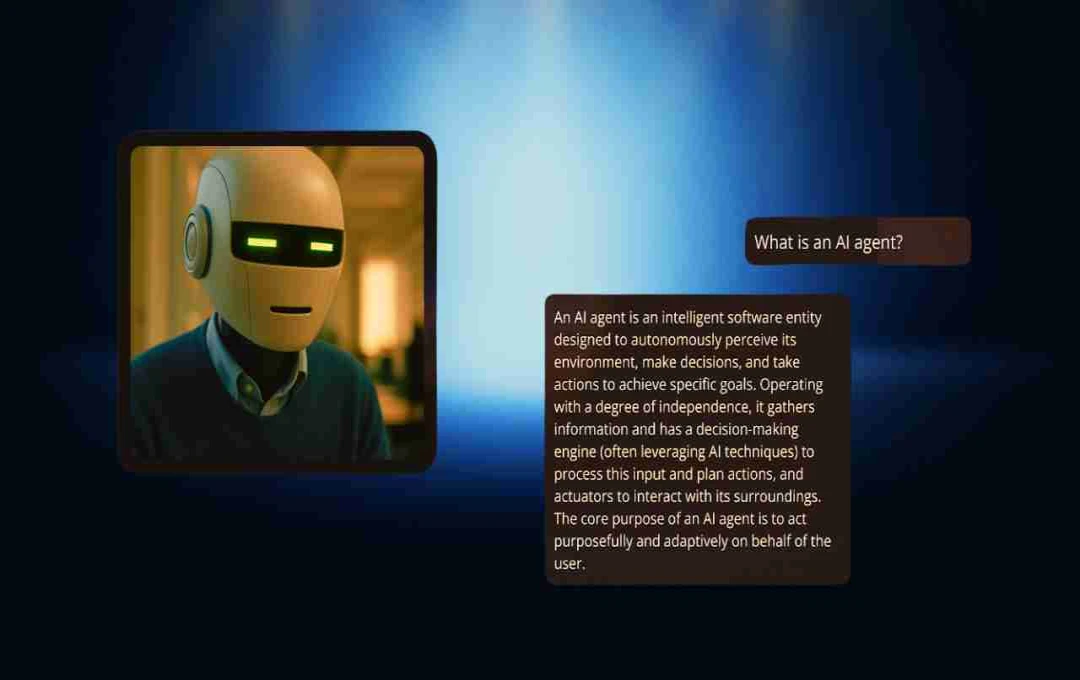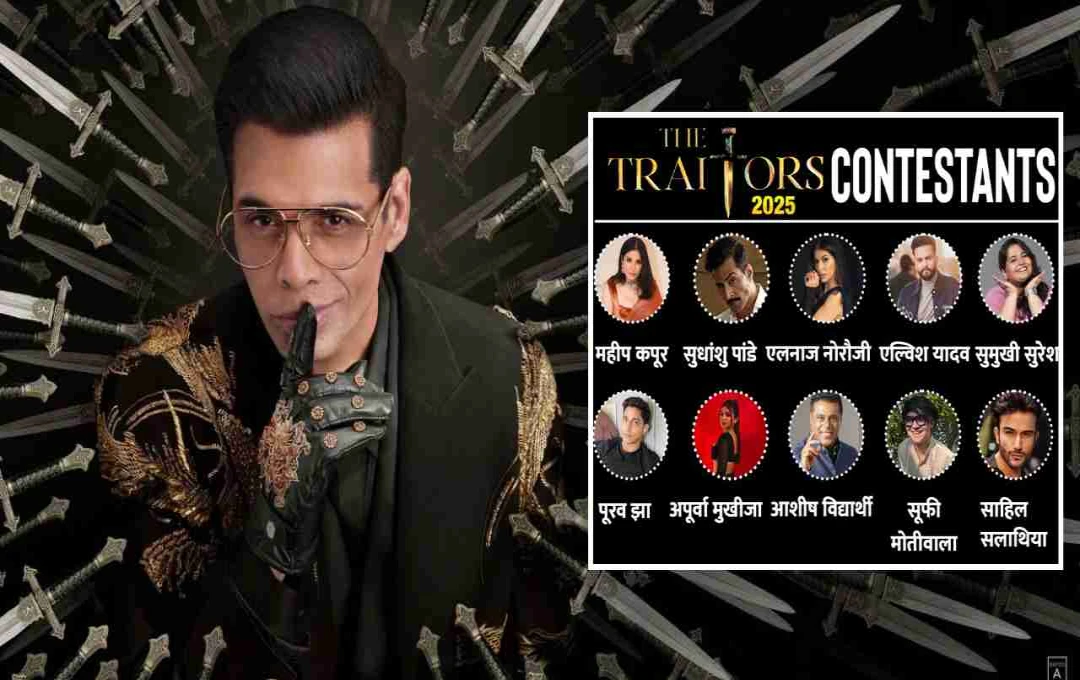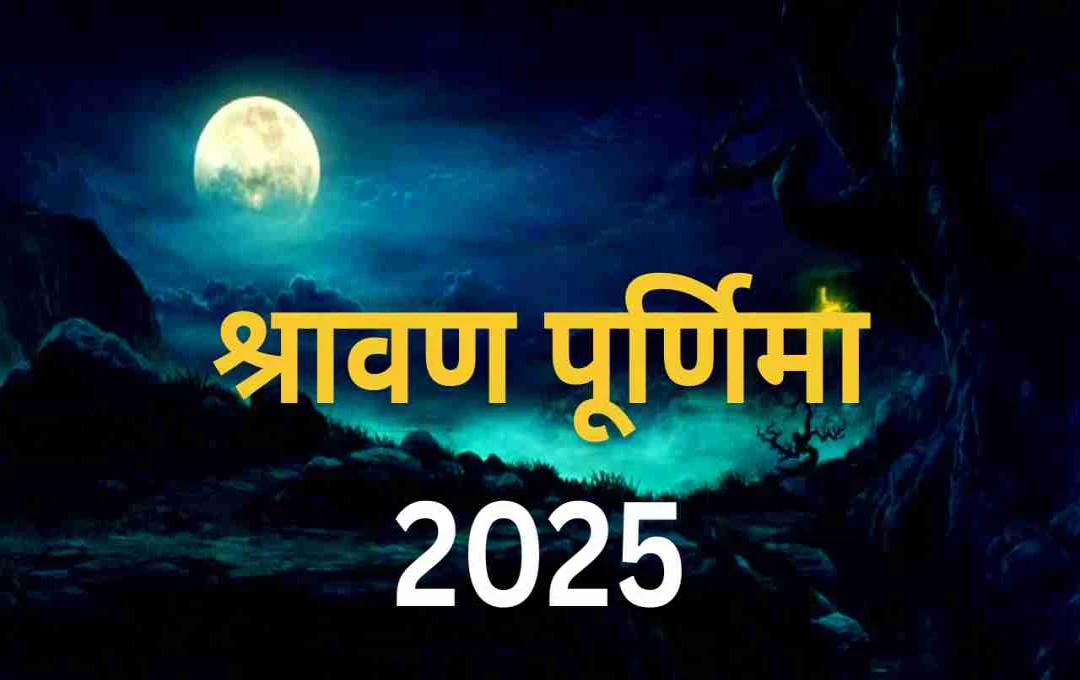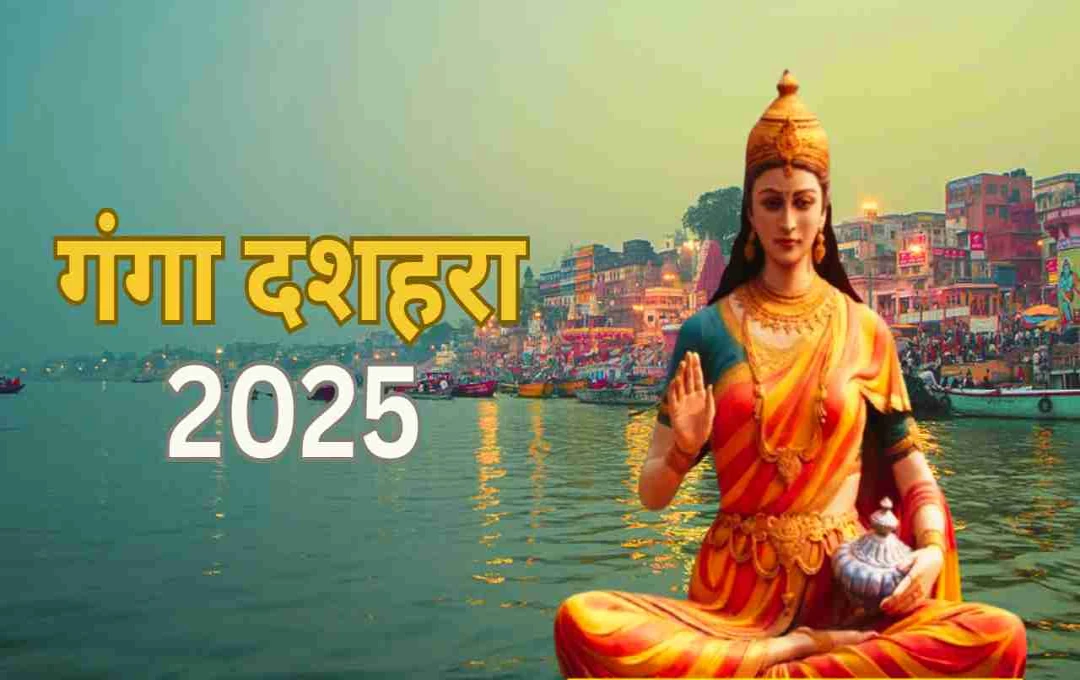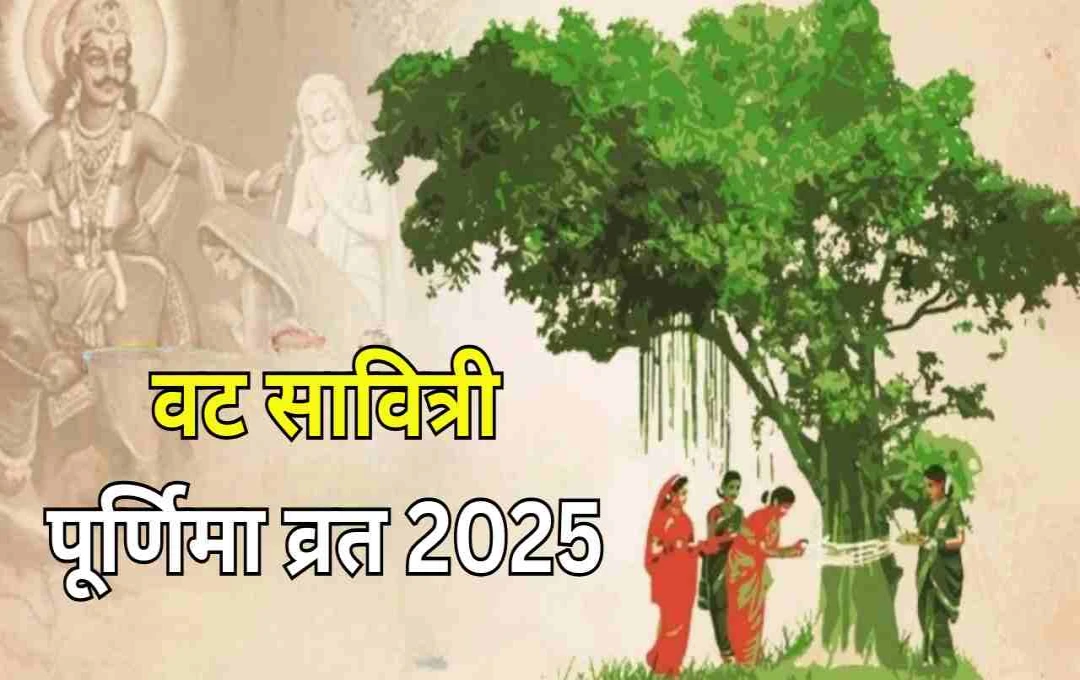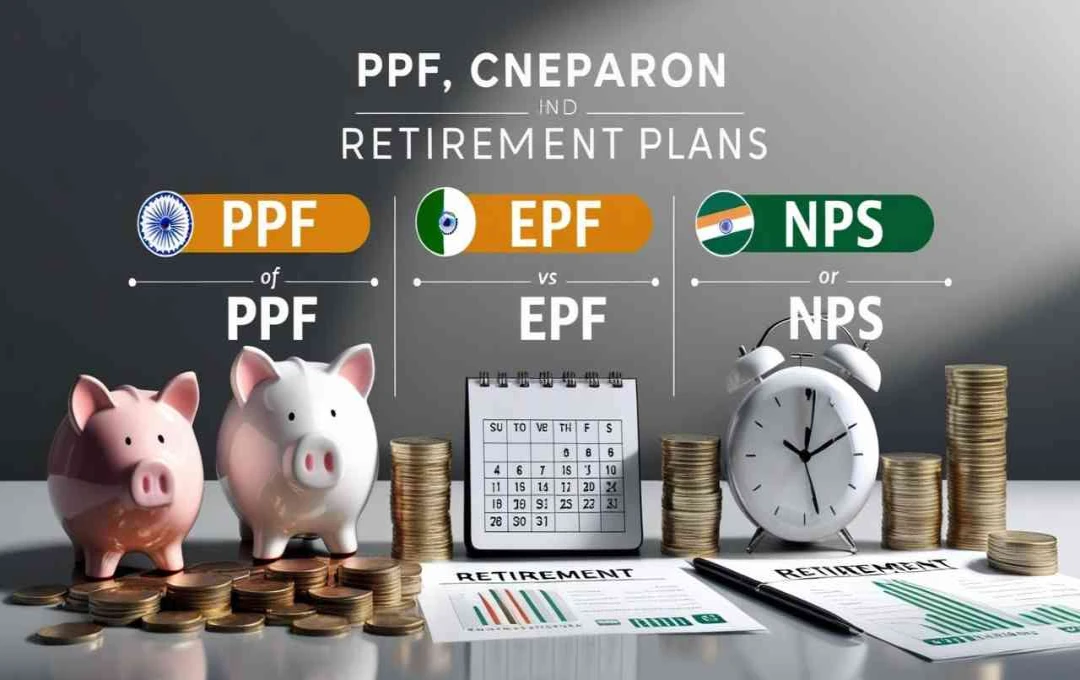The Allahabad High Court dismissed a petition seeking to include Radha Rani as a party in the Mathura dispute. The court stated that Puranas cannot be considered legal evidence.
Krishna Janmabhoomi Case: The Allahabad High Court delivered a significant ruling in the Mathura Krishna Janmabhoomi-Shahi Idgah Mosque dispute. The court dismissed a petition filed by Supreme Court advocate, Reena N Singh, seeking to include Goddess Radha Rani as a party in the case. The court's decision stated that Radha Rani cannot be made a party solely based on the Puranas, as the narratives in these religious texts are considered hearsay and lack direct evidentiary value.
The High Court explicitly stated that narratives and events described in religious texts are generally based on stories, not direct evidence, and therefore cannot be accepted as legal evidence in court. The court also emphasized that to be included as a party, an individual or deity must present concrete documentary evidence related to the land, not merely claims based on mythological narratives.
What was the petition's claim?
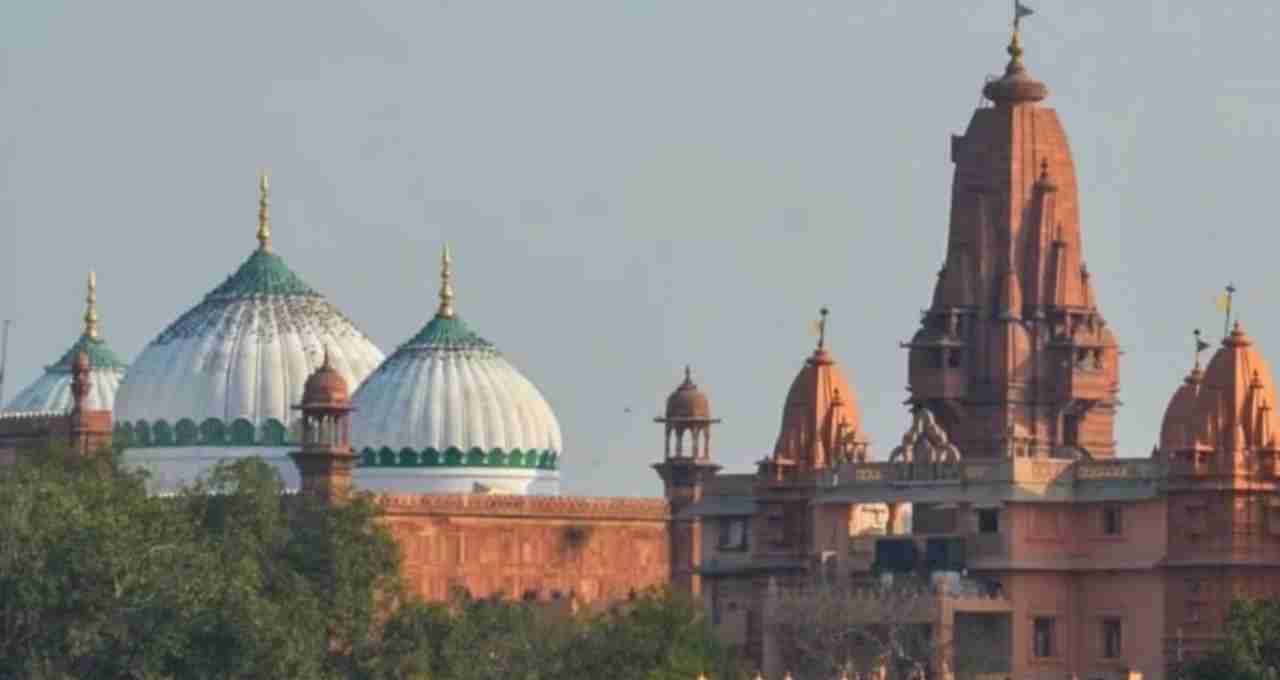
Supreme Court advocate Reena N Singh's petition argued for the inclusion of Radha Rani as a party in the Krishna Janmabhoomi-Idgah Mosque dispute. She claimed that Puranas and scriptures depict Radha Rani as the soul of Lord Krishna and his first wife, citing accounts of their marriage performed by Brahma. Her argument posited that Radha Rani possesses equal rights to the birthplace in Mathura as Lord Krishna.
Singh argued that since both Lord Krishna and Radha Rani are believed to be present on the 13.37-acre disputed land where the Krishna Janmabhoomi and Shahi Idgah Mosque are located, Radha Rani should be included as a party.
The Court's Reasoning and Comments on the Puranas
The High Court's decision clarified that mythological facts, depictions, and narratives are graphic representations that do not constitute direct evidence of an event. These cannot be accepted as historical documents or legal basis. The court further stated that direct and concrete evidence is necessary for including any individual or deity as a party in a dispute.
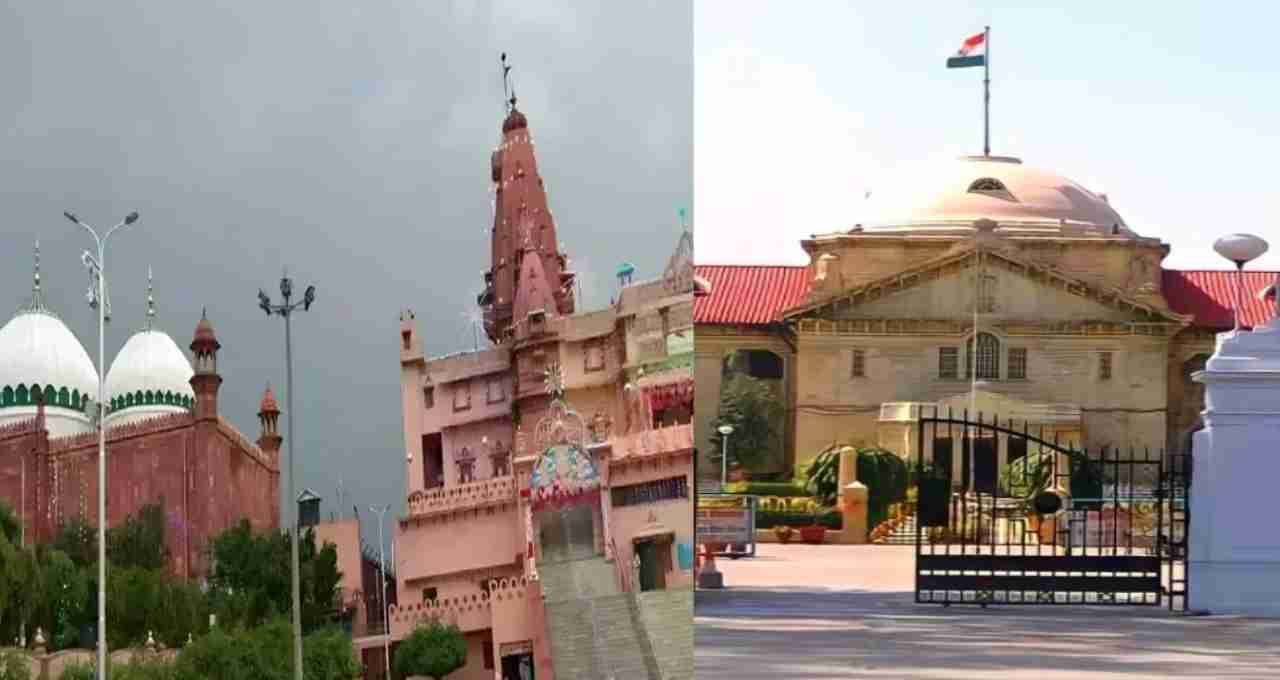
The claim to include Radha Rani as a party cannot be substantiated solely on narratives from religious texts.
Controversy and Reactions Following the Court's Decision
The High Court's decision sparked controversy and debate. Petitioner advocate Reena N Singh expressed dissent, arguing that the Ayodhya case relied on Puranas and scriptures. She intends to challenge the High Court's ruling in the Supreme Court.
Several saints and religious organizations also voiced their displeasure with the High Court's decision. Acharya Mahamandaleshwar Swami Kailashanand Giri, the Peethadhiswar of the Niranjani Akhara, stated that the accounts in the Puranas are not mere stories but authentic history. While acknowledging the duty of respecting the court, he expressed disagreement with the ruling.
